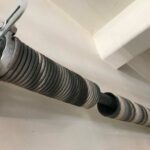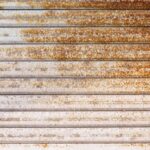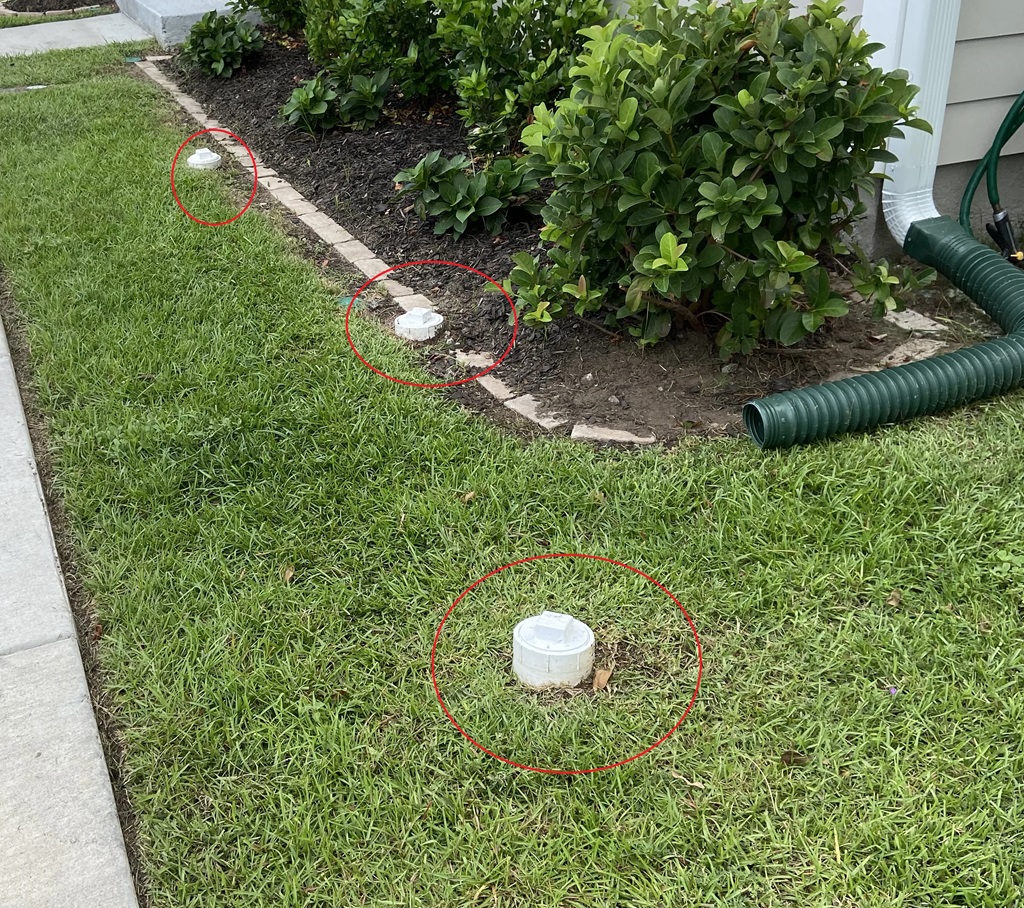A clean and odor-free fridge is essential for maintaining a healthy home environment. A smelly fridge is not only unpleasant but can also lead to food spoilage, contamination, and health risks. In this article, we will provide a comprehensive guide on how to reduce fridge smells and keep your fridge fresh and clean.
Why is Reducing Fridge Smells Important?
Reducing fridge smells such as fridge smells like dead animal is important for several reasons. Firstly, a smelly fridge can cause unpleasant odors to permeate throughout the home, making it an uncomfortable place to live. Secondly, food stored in a smelly fridge can be contaminated by bacteria and other harmful microorganisms, leading to food poisoning and other health issues. Lastly, an odor-free fridge can help food last longer, saving you money on grocery bills.
Common Causes of Fridge Smells
Fridge smells can be caused by a variety of factors, such as spoiled food, mold, and bacteria growth, and spills that have not been cleaned up properly. Other common causes include leaving the fridge door open for too long, using the wrong temperature settings, and storing food improperly.
Benefits of a Clean and Odor-free Fridge
Keeping a clean and odor-free fridge has numerous benefits. Firstly, it helps to prevent food spoilage, reducing the likelihood of food waste and saving you money. Secondly, it helps to maintain a healthy home environment by reducing the risk of bacteria and other harmful microorganisms. Finally, a clean and fresh-smelling fridge can make cooking and meal preparation more enjoyable.
Cleaning and Maintenance
Regular Cleaning and Maintenance Schedule
Regular cleaning and maintenance are key to preventing fridge smells. It is recommended that you clean your fridge at least once every three months. However, if you notice any spills or odors, it is best to clean it immediately.
Step-by-Step Guide to Cleaning the Fridge
- Empty the contents of the fridge and remove all shelves and drawers.
- Use a mild detergent and warm water to clean the shelves and drawers.
- Wipe the interior of the fridge with a mixture of water and vinegar.
- Use a toothbrush or cotton swab to clean hard-to-reach areas.
- Dry all surfaces thoroughly with a clean cloth.
- Replace the shelves and drawers and return the contents to the fridge.
- Effective Cleaning Products and Natural Remedies
There are several effective cleaning products and natural remedies that can be used to clean the fridge. Some popular cleaning products include baking soda, hydrogen peroxide, and dish soap. Natural remedies such as white vinegar and lemon juice can also be used to eliminate odors and disinfect surfaces.
Tips to Prevent Future Odor Buildup
To prevent future odor buildup, it is important to follow a few simple tips. Firstly, make sure that all food is properly sealed and covered before storing it in the fridge. Secondly, avoid storing strong-smelling foods such as onions and garlic next to other items. Finally, make sure that the fridge temperature is set to the correct level and that the door is kept closed as much as possible.
Storage Tips
Proper Food Storage Techniques
Proper food storage techniques are essential for preventing fridge smells. Some tips for storing food properly include:
- Store raw meat and fish on the bottom shelf to prevent drips from contaminating other food items.
- Keep dairy products and eggs in the middle of the fridge, where the temperature is most consistent.
- Store fruits and vegetables in separate drawers to prevent cross-contamination.
- Use airtight containers to store leftovers and other prepared foods.
Organizing the Fridge for Optimal Air Flow
Organizing the fridge for optimal air flow can also help to prevent odors. Make sure that there is enough space between items for air to circulate. This will help to maintain a consistent temperature throughout the fridge and prevent hotspots. Additionally, consider placing a small bowl of baking soda or a natural odor absorber such as activated charcoal in the fridge to help absorb any odors.
How to Store Food to Prevent Cross-Contamination
Cross-contamination is a major cause of fridge smells and can also lead to foodborne illness. To prevent cross-contamination, it is important to store food properly. Raw meat, poultry, and seafood should always be stored separately from other foods. Use separate cutting boards, utensils, and dishes for raw and cooked foods, and always wash your hands before and after handling food.
Foods That Should Not Be Stored in the Fridge
Not all foods are suitable for storage in the fridge. Some foods can actually spoil faster when stored at cold temperatures. Foods that should not be stored in the fridge include:
Tomatoes – storing tomatoes in the fridge can cause them to lose their flavor and texture.
Potatoes – storing potatoes in the fridge can cause them to become gritty and change their flavor.
Bread – storing bread in the fridge can cause it to dry out and become stale faster.
Onions – storing onions in the fridge can cause them to become mushy and spoil faster.
Eliminating Odors
There are several natural ways to eliminate fridge odors. One effective method is to place a small bowl of baking soda in the fridge. Baking soda works by absorbing odors and neutralizing them. Other natural remedies include placing a bowl of vinegar or coffee grounds in the fridge, or placing a slice of lemon or orange peel in the fridge to absorb odors.
Products to Eliminate Tough Odors
For tougher odors, there are several products that can be used to eliminate them. Charcoal-based air purifiers, odor-eliminating sprays, and odor-absorbing gels are all effective options. However, it is important to read the label and use these products according to the manufacturer’s instructions.
Avoiding Chemical Cleaners and Their Impact on the Environment
Many chemical cleaners contain harsh ingredients that can be harmful to both the environment and your health. To avoid these cleaners, opt for natural remedies such as vinegar, baking soda, and lemon juice. These natural alternatives are safe, effective, and environmentally friendly.
How to Safely Dispose of Expired or Spoiled Food
Expired or spoiled food can be a major source of fridge smells. To safely dispose of these items, wrap them in a plastic bag and place them in the garbage. If you have a compost bin, you can also compost food scraps such as fruit and vegetable peels.
Preventing Future Odors
Proper ventilation is important for preventing fridge smells. Make sure that the air vents in the fridge are not blocked and that the fridge is not overloaded with food. This will help to maintain proper air flow and prevent odors from building up.
How to Maintain the Right Temperature and Humidity Levels
Maintaining the right temperature and humidity levels is essential for preventing fridge smells. The ideal temperature for the fridge is between 35-38 degrees Fahrenheit (1.6-3.3 degrees Celsius). Humidity levels should be kept at around 40-60%. Use a thermometer and hygrometer to monitor these levels.
Dealing with Power Outages and Fridge Malfunctions
Power outages and fridge malfunctions can be a major cause of fridge smells. If the power goes out, try to keep the fridge closed as much as possible to maintain the temperature. If you notice any malfunctions such as leaks or unusual noises, it is best to contact a professional for repairs.
Tips for a Long-Lasting and Odor-Free Fridge
To keep your fridge long-lasting and odor-free, follow these tips:
- Clean your fridge regularly and follow a maintenance schedule.
- Store food properly and avoid cross-contamination.
- Use natural remedies to eliminate odors.
- Maintain the right temperature and humidity levels.
- Use airtight containers to store food.
- Avoid overloading the fridge and blocking air vents.
- Keep the fridge door closed as much as possible.
Troubleshooting
Some common fridge odor problems and solutions include:
Moldy smell – clean the fridge with a mixture of water and vinegar and place a bowl of baking soda inside the fridge.
Rotten smell – remove any spoiled food and clean the fridge thoroughly.
Garlic or onion smell – store these foods separately and use a natural odor absorber such as activated charcoal.
Stale smell – use a natural air freshener such as lemon juice or a bowl of coffee grounds.
When to Call a Professional
If you notice any unusual noises, leaks, or other malfunctions, it is best to call a professional for repairs. Additionally, if you are unsure about how to safely clean your fridge or eliminate odors, it may be best to consult with a professional.
If your fridge is experiencing problems, it may be necessary to replace old or malfunctioning parts. Common parts that may need replacement include the compressor, thermostat, and door gasket. It is best to consult with a professional for repairs and replacement.
Conclusion
A clean and odor-free fridge is essential for maintaining a healthy and comfortable home environment. By following the tips and techniques outlined in this guide, you can reduce fridge smells and keep your fridge fresh and clean. Remember to clean your fridge regularly, store food properly, use natural remedies to eliminate odors, and maintain the right temperature and humidity levels. With these tips, you can enjoy a long-lasting and odor-free fridge.











